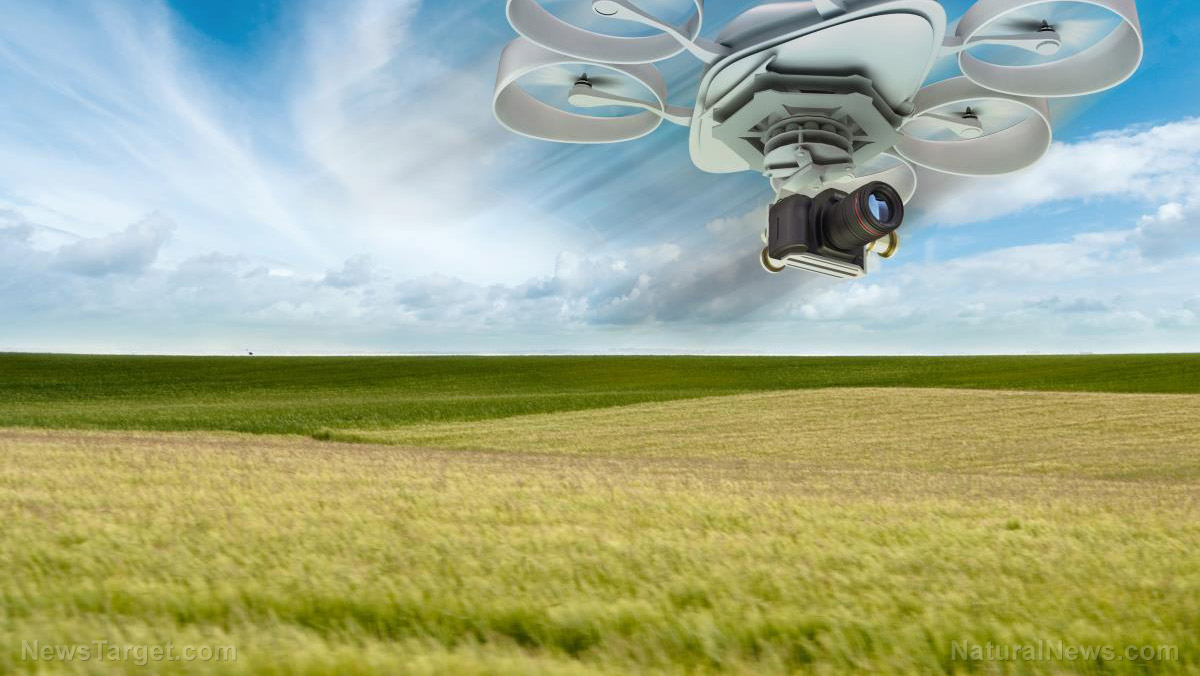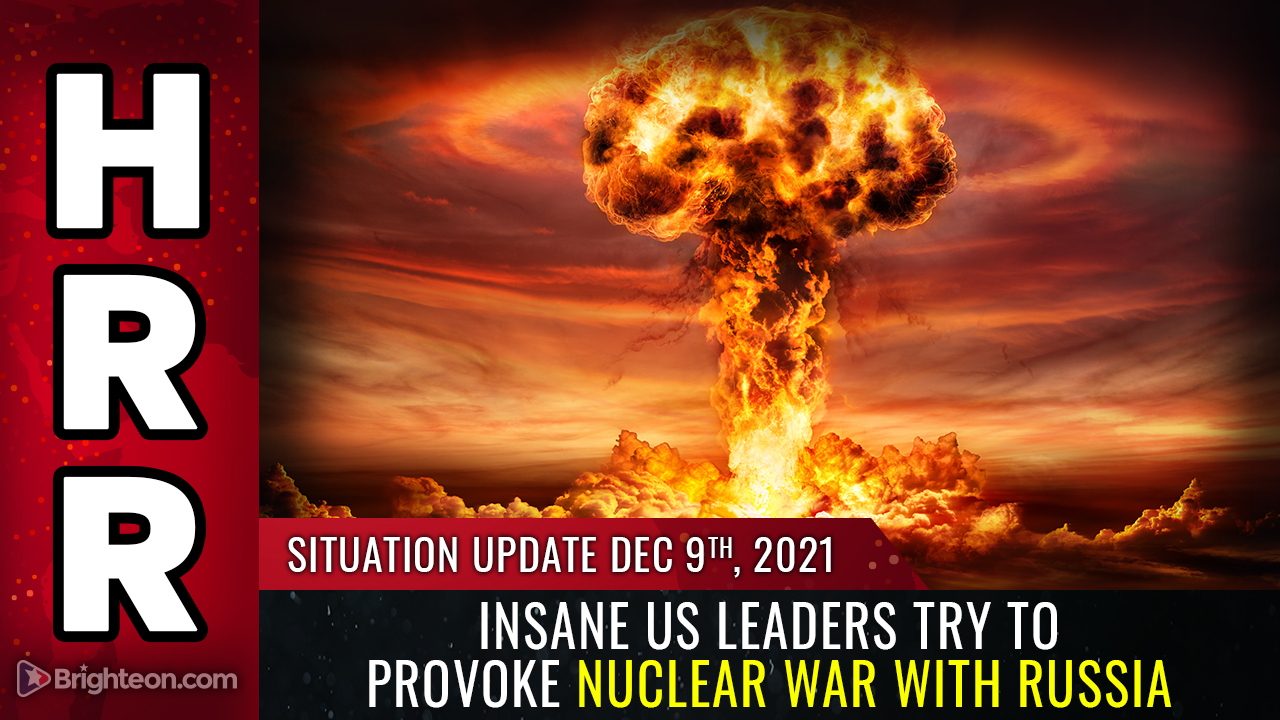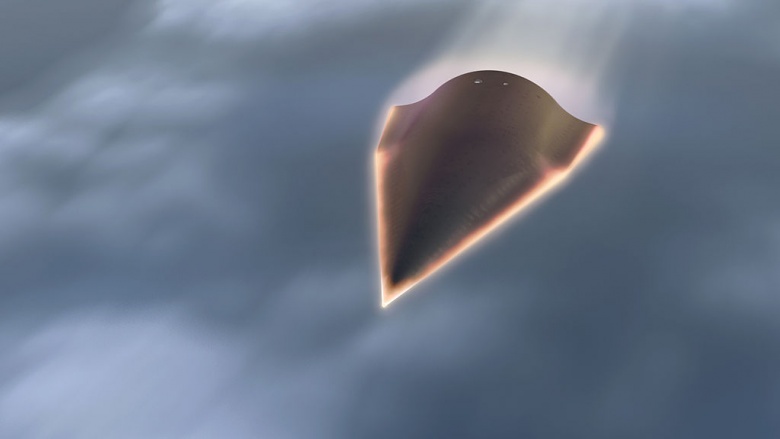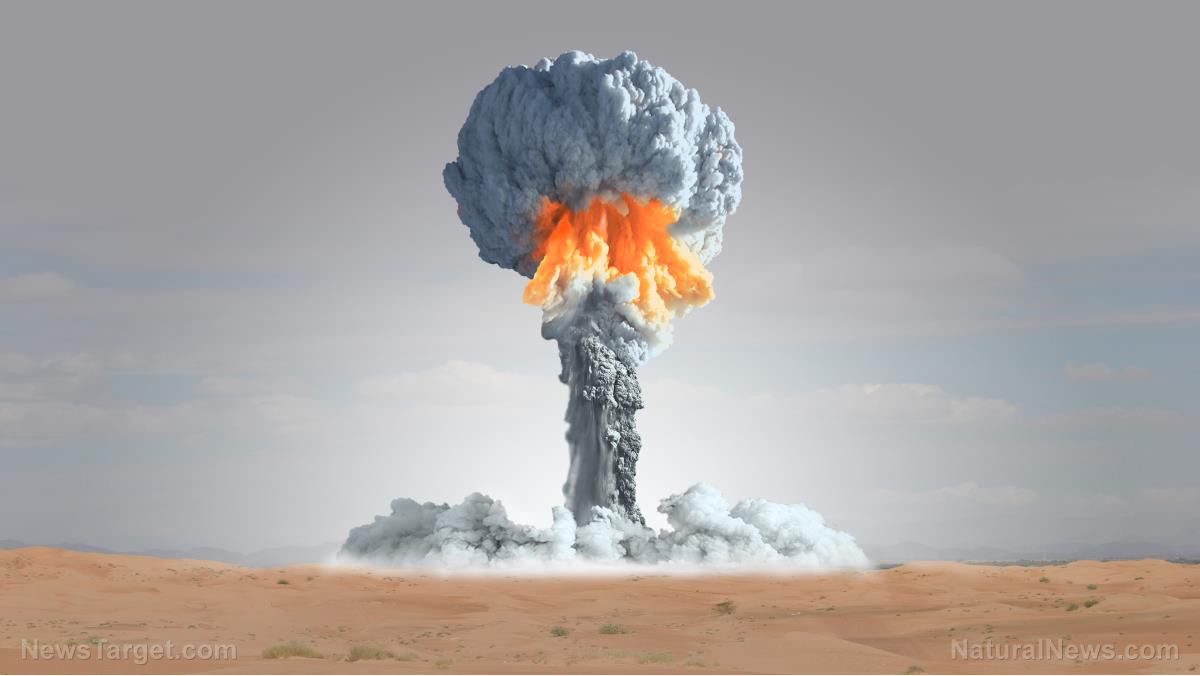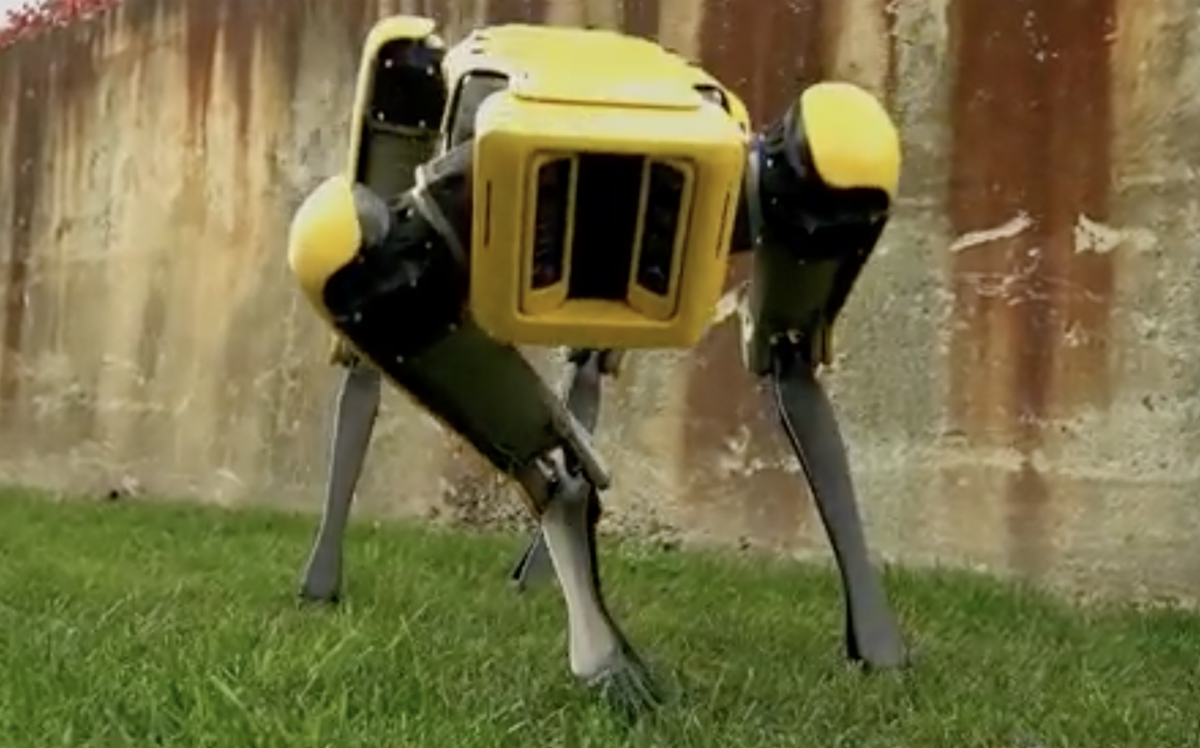China to fortify nuclear stockpile and military space elements
12/13/2021 / By Nolan Barton

The Global Risk Assessment report released by the Office of the Director of National Intelligence claimed that China plans to “at least double the size of its nuclear stockpile.”
“China is building a larger and increasingly capable nuclear missile force that is more survivable, more diverse and on higher alert than in the past,” the report said. This includes “nuclear missile systems designed to manage regional escalation and ensure an intercontinental second-strike capability?.”
Intel report says China has counter space weapons capabilities
The report didn’t give much detail about China’s nuclear plans and focused instead on the efforts made by the Chinese military to match, if not exceed, current U.S. technology.
According to the report, China has counter space weapons capabilities that will allow the country to gain the military, economic and prestige – benefits that U.S. has accrued from space leadership.
“Beijing continues to train its military space elements and field new destructive and nondestructive ground- and space-based anti-satellite weapons?,” the report said. (Related: China developing “killer satellites” and “directed energy weapons” to challenge US in space.)
China, which already has ground-based anti-satellite missiles and lasers, “probably intends to blind or damage sensitive space-based optical sensors?,” the report hypothesized.
The report also predicted that China will be able to have its own operational space station in low Earth orbit between 2022 and 2024. It also speculated that China will conduct exploratory missions to the moon, with aims of establishing a robotic research station on the lunar surface.
The report also revealed that China’s military – the People’s Liberation Army – is expanding its ambitious space goals and reaping major economic benefits in the process. It said that China will continue efforts to spread its influence and undercut that of the U.S.
“China will drive wedges between Washington and its allies and partners, and foster new international norms that favor the authoritarian Chinese system,” the report stated. “Chinese leaders probably will, however, seek tactical opportunities to reduce tensions with Washington when such opportunities suit their interests.”
The risk report also put forth that China will maintain its “major innovation and industrial policies” in an effort to upgrade its military and provide economic growth.
“Beijing sees increasingly competitive US-China relations as part of an epochal geopolitical shift and views Washington’s economic measures against Beijing since 2018 as part of a broader US effort to contain China’s rise,” the report stated.
Overall, the report alleged China is strengthening its military, economic, technological and diplomatic efforts to “secure what it views as its territory and regional preeminence, and pursue international cooperation at Washington’s expense?.”
Unclassified DIA report details China’s space advances
An unclassified report released on Jan. 15, 2019, by the Defense Intelligence Agency highlighted one of Pentagon’s major concerns: China’s military is becoming increasingly adept at militarizing commercial space technologies.
China is conducting “sophisticated satellite operations and probably is testing on-orbit dual-use technologies that could be applied to counterspace missions,” said the DIA in its first unclassified report made public on China’s military power.
According to the DIA report, China’s space advances in support of civil, economic and political goals could provide the nation a significant edge in military operations.
“Space operations probably will form an integral component of other PLA campaigns,” the DIA report said, referring to the People’s Liberation Army.
The DIA report suggested that China is building up space capabilities as a way to deter the U.S. or others from intervening in military conflicts in the Asia-Pacific region.
Independent analysts have revealed considerable details about China’s growing arsenal of counterspace capabilities such as directed-energy anti-satellite weapons and satellite jammers. The DIA report said these developments continue “even though the nation has not publicly acknowledged the existence of any new counterspace programs since it confirmed it used an anti-satellite missile to destroy a weather satellite in 2007.”
U.S. communications, reconnaissance, navigation and early warning satellites “could be among the targets of attacks,” the DIA report said.
Air Force report takes broader look at militarization of space
A day after the DIA report came out, the Air Force also released an unclassified report created by the National Air and Space Intelligence Center that takes a broader look at the militarization of space.
It mentioned both China and Russia as nations that are developing new space capabilities to achieve military goals and reduce their reliance on U.S. space systems.
“These countries continue to develop, test and proliferate sophisticated anti-satellite weapons to hold U.S. and allied space assets at risk,” said the Air Force report.
China has military units that have begun training with anti-satellite missiles, the report noted, while Russia is developing an airborne laser weapon system intended for use against space-based missile defense sensors.
The report also cautioned that other capable competitors in space are likely to emerge. “Reduced cost, increased access, and proliferation of space systems will drive more countries to integrate these systems into military capabilities.”
Follow NationalSecurity.news for more news and information related to national security and the intelligence community.
Sources include:
Tagged Under: anti-satellite weapons, China, intel report, laser weapon system, militarization of space, military tech, missile defense sensors, national defense, nuclear missile, nuclear missile systems, nuclear weapon, nuclear weapons, outer space, Pentagon, People's Liberation Army, space systems, space weapons
RECENT NEWS & ARTICLES
COPYRIGHT © 2017 WEAPONSTECHNOLOGY.NEWS

